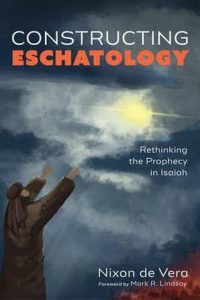 PUBLICATION DETAILS
PUBLICATION DETAILS
Author: Rev Dr Nixon de Vera
Foreword by: Rev Professor Mark Lindsay
Publisher: Wipf and Stock
Paperback ISBN: 9781666702224
Publication Date: January 2022
ABOUT THE PUBLICATION
In his second monograph, Dr de Vera critically engages with the Book of Isaiah in tandem with the Book of Revelation in order to probe the extent of God’s foreordination in creation as it points to the end times. The underlying question is, “To what extent has God foreordained things, especially before and during the final judgment?” The author thinks all that concerns God’s majestic plan, i.e., to accomplish God’s purpose for humanity, is covered in its entirety. God is highly active in foreordaining things, and whatever God foreordains shall be fulfilled in the end. Isaiah’s conception of the interplay between the themes of punishment and healing is central to his eschatological trajectory. In this respect, theologically speaking, the total restoration of Israel signifies the restoration of all humankind. Such an eschatology might accommodate the notion of Christian Universalism.
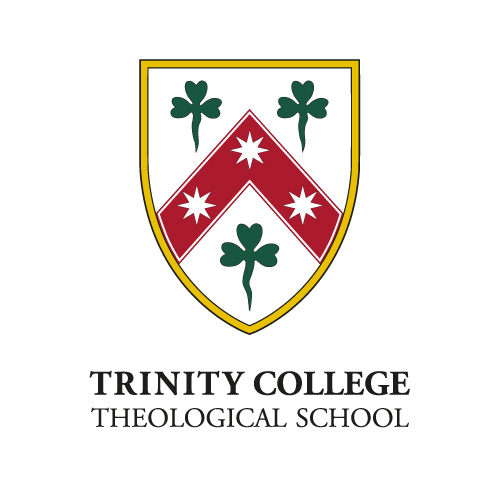
Trinity College Theological School is a college of the University of Divinity from the Anglican tradition, based in Melbourne, Victoria.


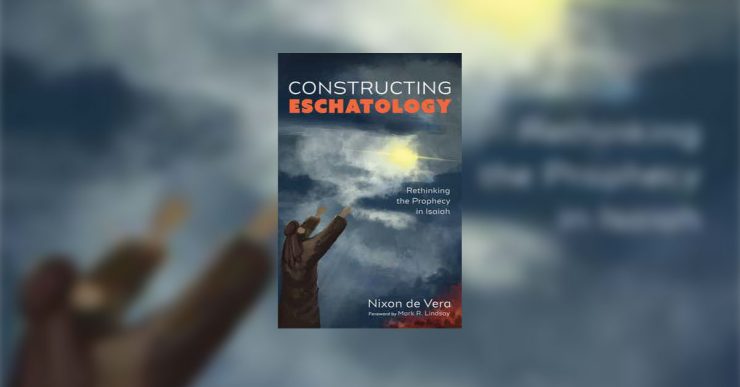

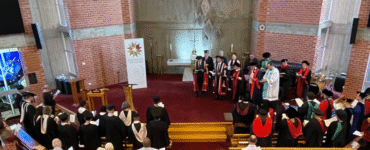
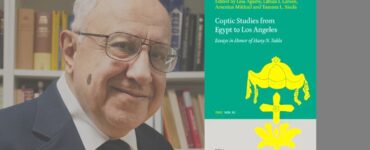

Endorsements:
‘One cannot really understand the New Testament as a whole if one fails to pay attention to how thoroughly the book of Isaiah pervades its language, and specifically that concerning eschatological hope. Nixon de Vera’s book is a wonderfully deep dive into that language, one that brings all sorts of unexpected and lovely treasures back to the surface. And it will almost certainly transform any reader’s vision of the texts of Christian Scripture.’
—David Bentley Hart, philosopher, theologian, and best-selling author
‘Can and do texts concerned with judgment, suffering, compassion, and hope written thousands of years ago still speak to us today? Nixon de Vera believes that they can, and in this theological reflection on the book of Isaiah he shows us some ways that they might do so—however uncomfortable, unpopular, and chastening the hearing of such might at times be.’
—Jason Goroncy, Senior Lecturer in Systematic Theology, Whitley College, University of Divinity